African Americans still see higher jobless rate despite market recovery
African Americans continue to experience a much higher unemployment rate even as US economists celebrated a job market recovery from the outset of the pandemic, when jobless rate peaked at nearly 15% to November’s 4.2%.
While the unemployment rate for African Americans stood at 6.7% in November, the jobless rate for white American was only 3.5%, according to a Friday report by the UK-based daily Guardian, which further noted that the gap in even higher for men, with unemployment rate for black men standing at 7.3% in November while White men saw a jobless rate of just 3.4%.
The persisting disparity over the course of the COVID-19 pandemic, however, does not come as a surprise to economists who have long studied the racial gap in US unemployment figures, the report added.
The daily then cited Valerie Wilson, director of the Economic Policy Institute’s Program on Race, Ethnicity and the Economy, as emphasizing that occupational segregation has meant that Black Americans were less likely to be able to work remotely amid lockdown orders.
Many Black workers were given the choice of keeping jobs where they faced greater risks or deciding that the risk was not worth it, she added.
“The two-to-one [disparity] has still been pretty consistent, and I think that says a lot to just how deeply entrenched those labor market inequalities are,” Willson further underlined.
African Americans have long faced discrimination in hiring processes, according to the report, which also cited a 2017 study as showing that Black Americans who remove references to their race on their resumes are twice more likely to get interviews.
The study also indicated that unemployment rate is even consistent across educational levels, with the unemployment rates of Black Americans who have a high school or bachelor’s degree being twice that of White Americans who hold a similar degree.
Though many US businesses promised to reevaluate their hiring processes and focus on diverse recruitment following the massive protests following the murder of George Floyd in the summer of 2020, the racial gap in the unemployment rate still remained high.
Other figures also indicate that little progress has been made: There are just five African American CEOs leading Fortune 500 companies, and Black full-time workers are still making more than 20% less than white full-time workers.
Even the gains made by African Americans in employment numbers come with caveats, according to report, which pointed out that the unemployment rate for Black women in November jumped 2%, from 7% to 5% – the largest decrease for any group.
While the number reflects Black women starting jobs, it also reflects tens of thousands of women who left the workforce last month, more than 90,000, according to official figures.
Moreover, even while mothers across the board have faced problems with childcare during the pandemic, research has shown that Black mothers in particular have faced the toughest childcare issues during the pandemic.
'Capitulation': Israeli officials and media concede Gaza defeat as truce unfolds
'Gaza has won': Social media users react to ceasefire with mix of relief, joy
Iran seeks South Korea’s assistance for AI, fiber-optic projects
VIDEO | Iran's 'Eqtedar' (Power) maneuver
Israel hits HTS military target in Syria for 1st time since fall of Assad
VIDEO | Press TV's news headlines
Israel has slaughtered 13,000 students in Gaza, West Bank
VIDEO | More Zionist than Zionists: Biden’s legacy to be defined by Gaza genocide


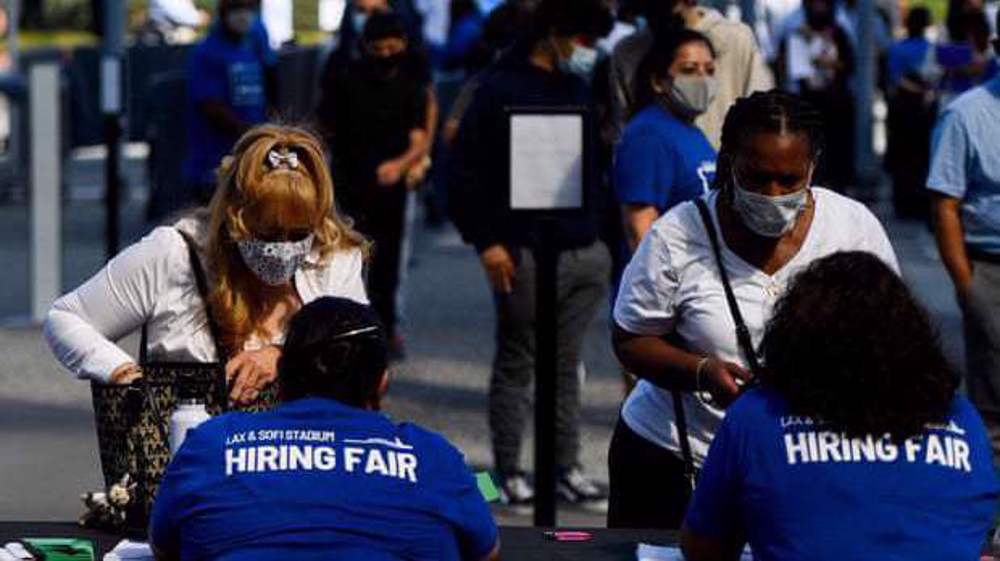
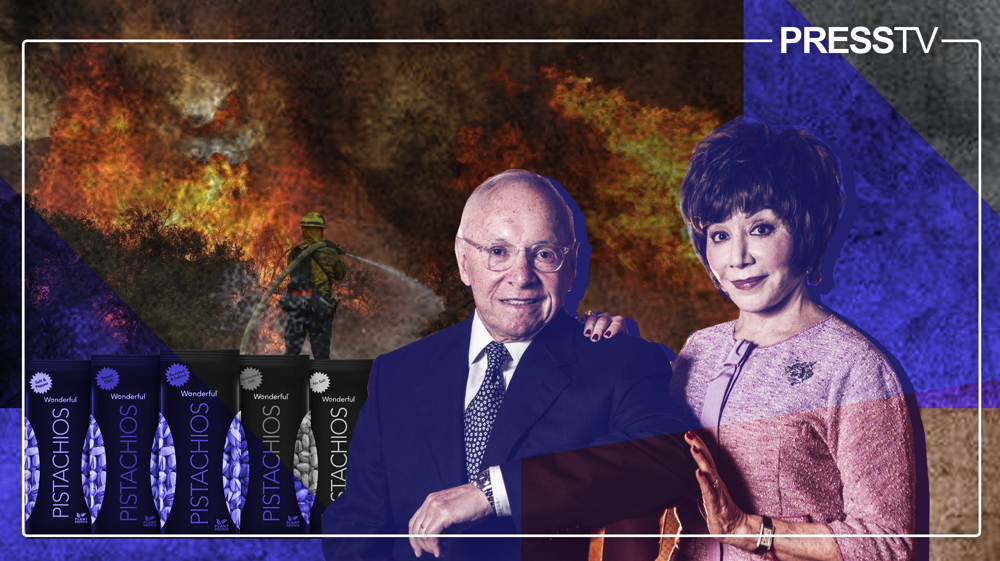

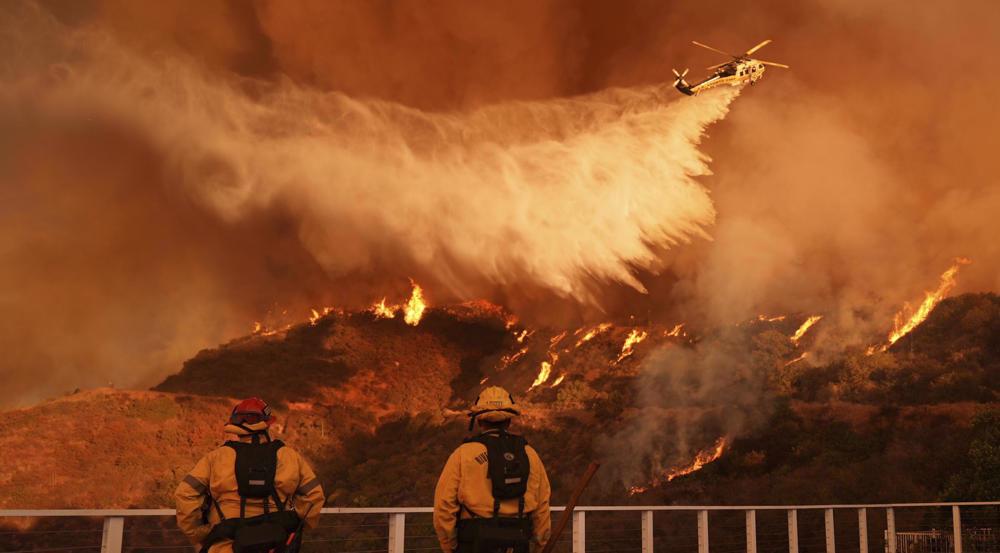



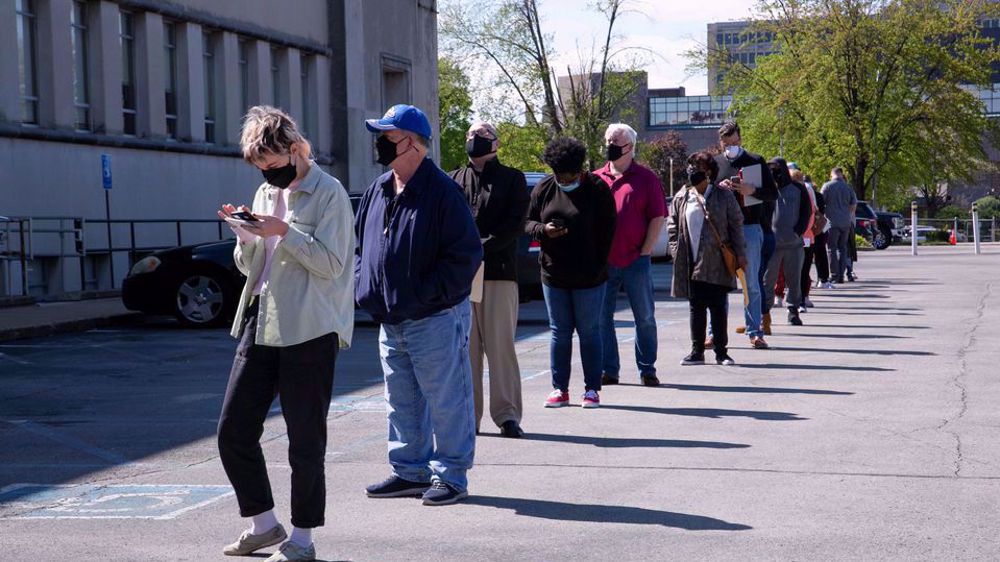
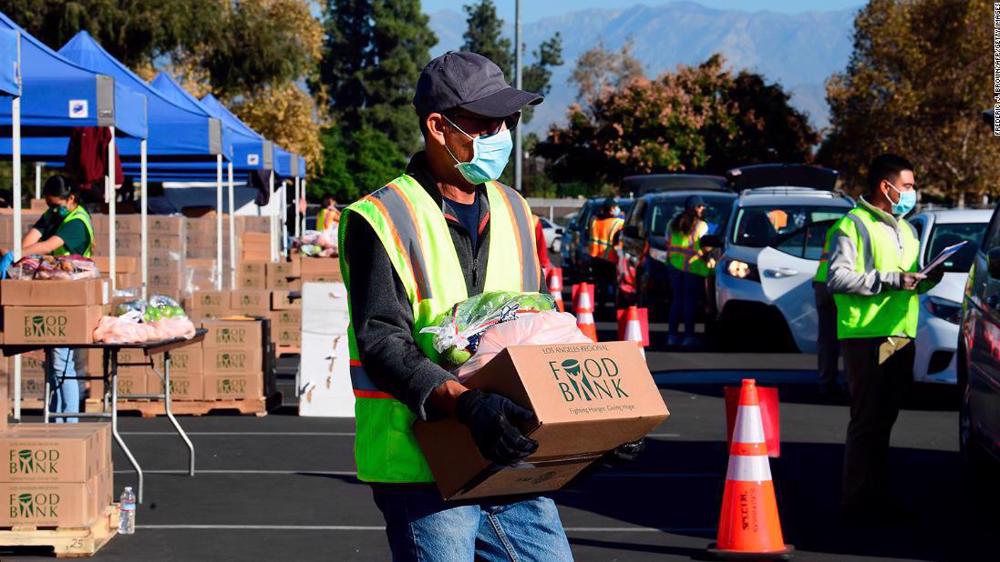
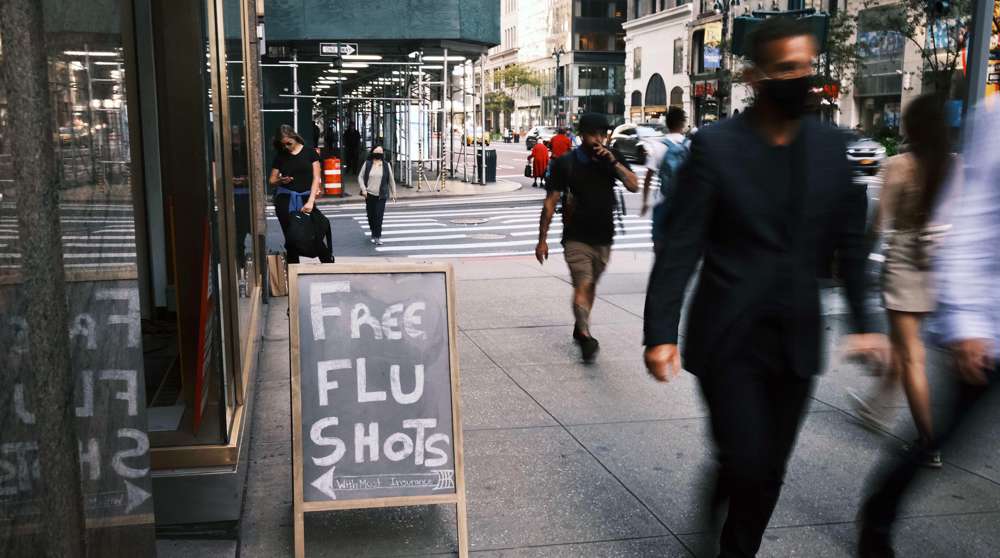

 This makes it easy to access the Press TV website
This makes it easy to access the Press TV website